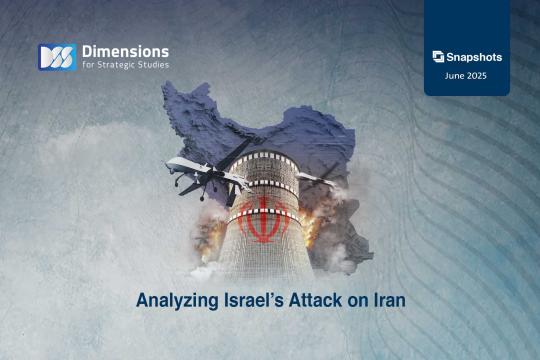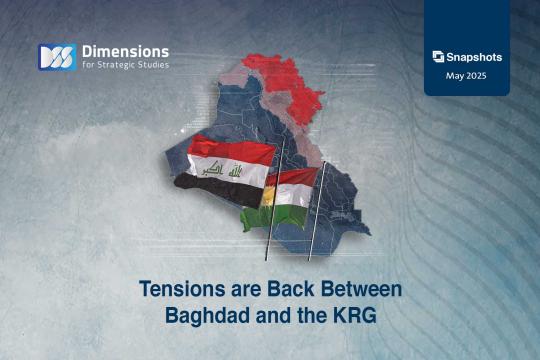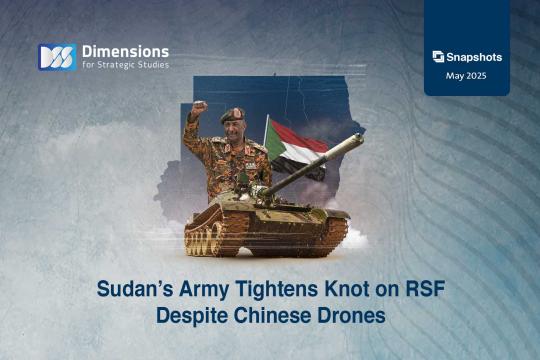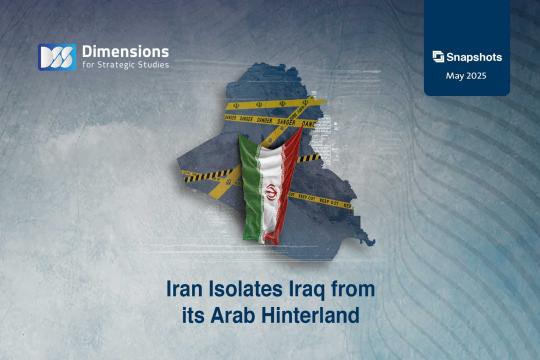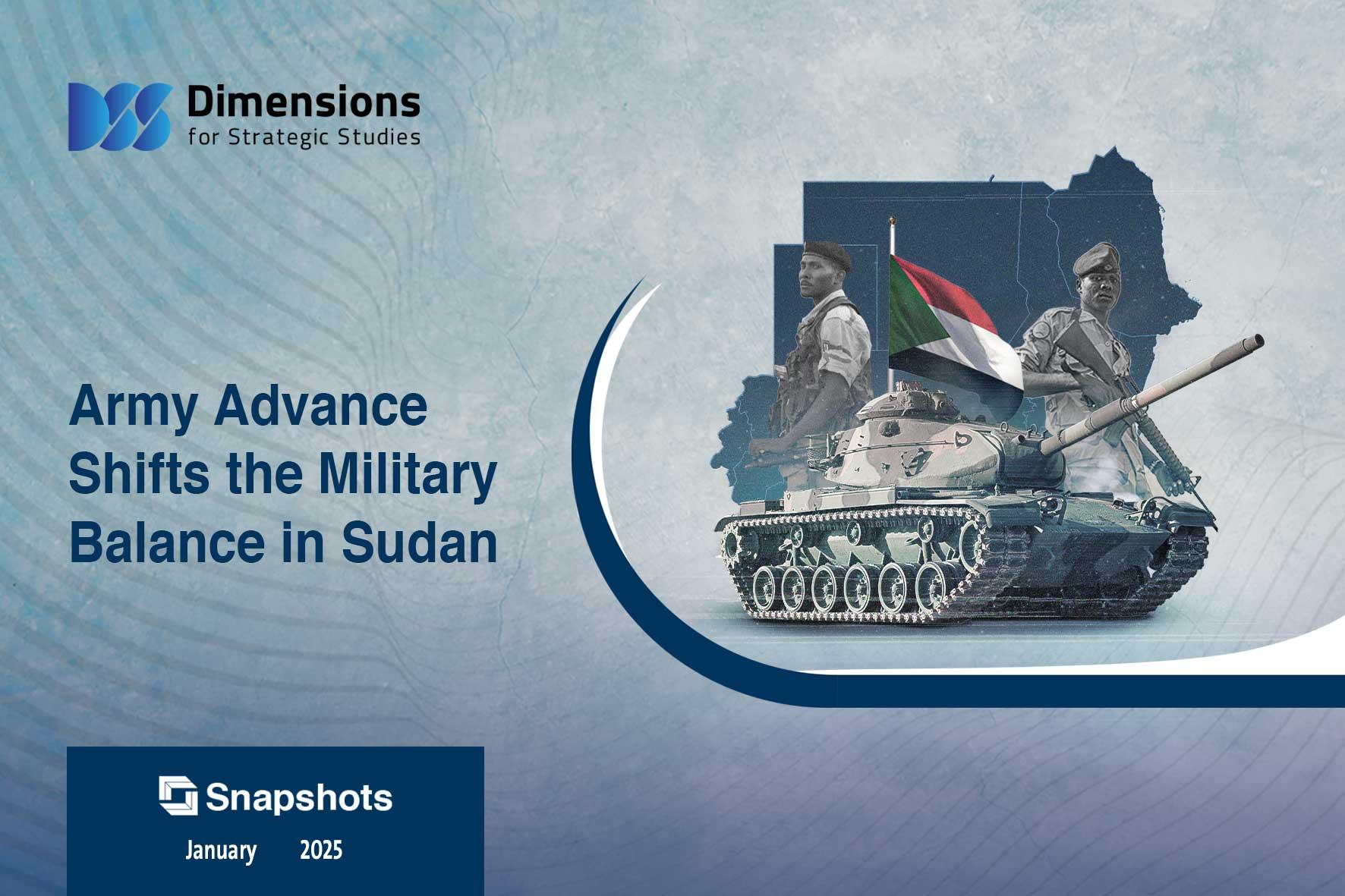
Army Advance Shifts the Military Balance in Sudan
2025-01-162209 view
The Sudanese army announced on January 11 that it had recaptured the strategic city of Wad Madani, just over year after the rebel Rapid Support Forces (RSF) seized the city in December 2023. The development was the latest in a string of advances by the Sudanese army and its allies since early January in the key state of Al-Jazirah, southeast of the capital Khartoum.
The army’s progress there is part of a wider shift in the military balance between it and the RSF in various parts of Sudan.
Army chief Abdel Fattah al-Burhan, who presides over Sudan’s Sovereignty Council, vowed that the army’s recapture of Wad Madani marked the first step towards liberating “every inch” of Sudanese territory. His comment reflected the strategic importance of the city, some 140 kilometers south of the capital, which could also serve as a launchpad for offensives into other parts of southern and eastern Sudan.
His adversary, RSF commander Mohamed Hamdan Daglo (known as “Hemedti”) admitted his forces had lost the city, attributing the defeat to the army’s air superiority and use of drones—yet he pledged to continue fighting until victory, even if it takes another 20 years.
Despite the RSF’s losses, it still controls large areas of Darfur, Kordofan, Sennar, and some parts of Al-Jazirah, as well as districts of Khartoum, and remains capable of launching preemptive strikes and resisting counterattacks by army forces.
All eyes are now on greater Khartoum, where the army has slightly advanced on several fronts, notably in the northern sector, Khartoum Bahri, driven by the high morale stemming from the victory in Wad Madani.
However, military calculations regarding the capital differ from those in any other Sudanese state. Were any one party to extend its full control over Khartoum state, this it could dictate the military and political outcome of the war.
At the international level, all these developments have taken place amid the striking absence of any political process towards achieving a ceasefire or even containing the escalation. The sole exception is a new Turkish mediation initiative launched on December 30, aimed at finding common ground between the Sovereignty Council and the RSF’s key international backer, the United Arab Emirates. The Sovereignty Council believes that continued Emirati support for the RSF has prevented the group’s defeat, and that negotiations with the belligerents’ respective supporters are needed in order to reach viable results.
While Sovereignty Council and the UAE have welcomed the Turkish initiative, it has not had a tangible impact due to the escalating fighting. This narrows the scope for effective international diplomatic efforts over Sudan, especially since it is in the Sovereignty Council’s interest to exploit its current ascendency to expand the zone the army controls, in order to strengthen its negotiating position before engaging in any serious talks.
On another level, it is possible that military shifts on the ground in Sudan will precipitate domestic political shifts, including defections and moves to expand alliances. This could amount to a process of restructuring or adjustment among Sudanese forces that may influence the nature of the main political forces and push them to take steps towards a truce, given the pressure they can exert on parties to the conflict.


